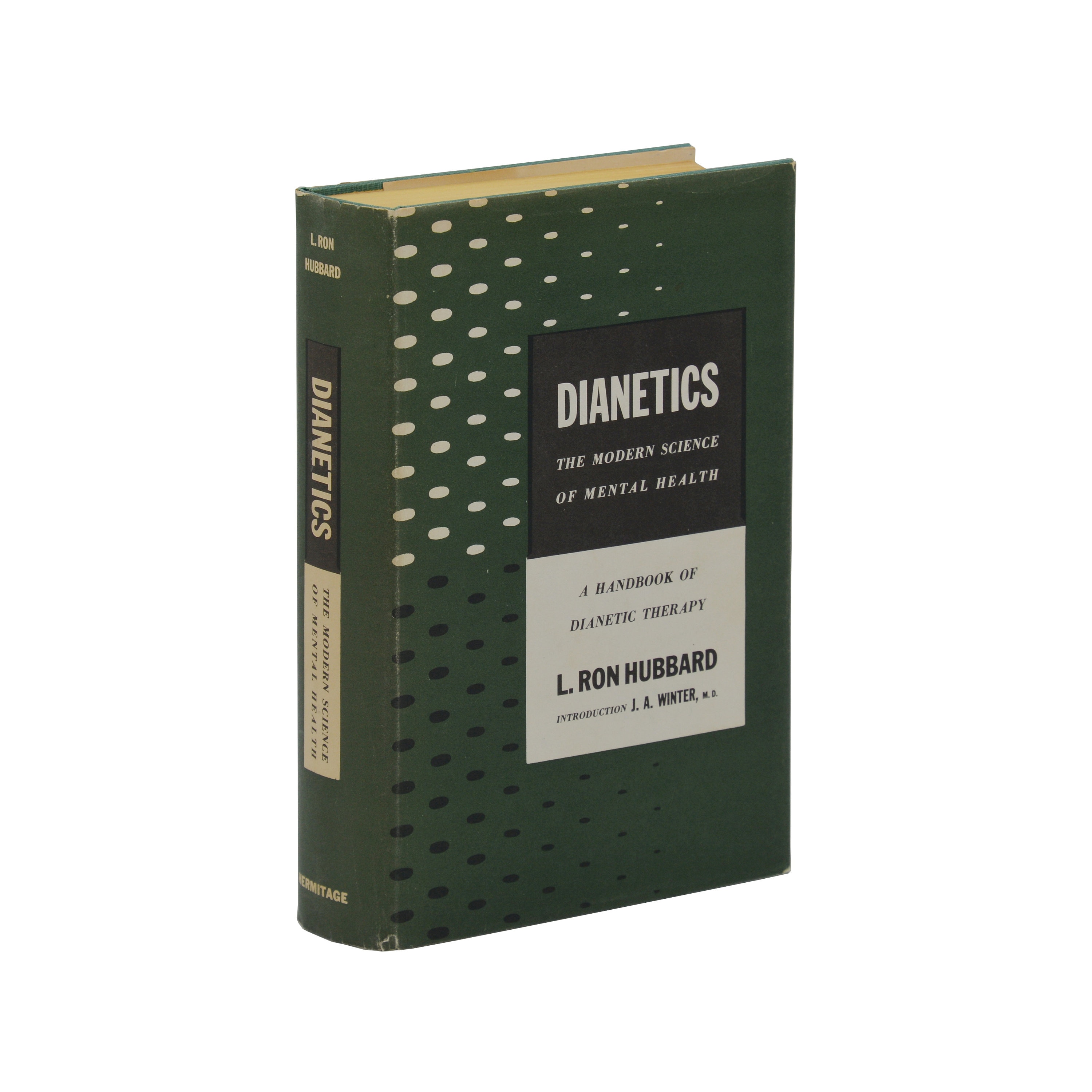Our Dianetics Statements
Wiki Article
Getting My Dianetics To Work
Table of ContentsThe 3-Minute Rule for DianeticsThe 45-Second Trick For DianeticsThe Ultimate Guide To DianeticsFascination About Dianetics
I couldn't ever before not intend to obtain anything that comes to mind for you- if it was otherwise, I wouldn't be resting right here with you, doing this. I not only can never have an issue, or not intend to hear something that comes to mind for you, however I'm entirely excited to recognize every idea, every idea, every photo or feeling that emerges or manifests for you- do not ever think otherwise, and if for some reason you do, please simply let me recognize! Occasionally, you might have a thought, and picture, concept or case turn up that does not seem to answer the concern, or relate to it, however nonetheless, constantly do tell me about it, and as we proceed, the importance will arise for you.This is fundamental in the basis of handling, and the topic of this discussion: the standard roles of the counselor and the client: The standard function of the therapist is, as opposed to "conventional training", not to regulate, which suggests to impose and/or prevent, but to rather function from the basis of EMPOWERING THE CLIENT.

Dianetics Fundamentals Explained
John Mcmasters expressed this standard truth wonderfully well in among his talks on Power handling, wherein he explains exactly how he was asked what this "special propensity" was that he had for giving such terrific sessions; he needed to assume about that for a moment, and identified that it was what he had not been doing, along with what he was doing: he wasn't reviewing, judging, computer, or actually, creating any kind of thoughts, not to mention verbal expressions, after providing the command and while waiting on the computer to complete their response to their complete satisfaction; he was, just and only, existing with the computer, and completely interested.The role of the counselor, demonstrated; that was his "special knack". I have actually had my very own experience which showed me this well, really early in the game. In 1982, having recently completed my training and teaching fellowship on New Age Dianetics, I was running this on a PC, and there was a factor in the session where (being a little bit damp behind the ears not yet having lots of hours read the article under my belt as an expert auditor) the PC seemed to be "taking also long" to share anything verbally after I offered him a command.
This secret ended up being one of the most beneficial payment that John ever made to the subject of treatment or auditing (Dianetics). In my humble point of view, it is the best payment that anyone has ever before made to these subjectsthe application is completely non-judgemental, non-evaluative, and lacking any tip, guidance or opinion.no preconceived schedule for people, or 'degrees' that they need to do
In Scientology we prided ourselves on not assessing for individuals. All that really indicated was that the auditor did not Vocally evaluate for the Computer in session.
Not known Facts About Dianetics

Any individual who had actually ever before seen John audit can not help but see an unique quality in his bookkeeping."The customer's basic role is to be there with the function of moving in the direction of their spiritual objectives, and to freely and totally express and experience whatever materializes for them in responding to the questions and executing the instructions in the processing.
This is something to procedure as needed. But likewise, people frequently have previous experience and/or brainwashing in auditing/processing which, in some methods, and to some degrees, really misinforms them into mindsets, concepts and actions patterns that avoid the complete understanding of these functions, therefore they will often tend to prevent the expressing of what enters your mind, as in the examples given above. * The very first, and maybe leading instances of mis-indoctrination resulting in less than completely smooth and efficient sessions, can be discovered in specific aspects of the more training regimens, or "TR's":"TR's" are typically a person's initial, or at least early, internet experience in Scientology, and while I will go on to describe what I see as the imperfections in idea and technique, however, have a tendency to be greatly therapeutic, done as they are offered (Hubbard insists that "TR's are not refining, they are training", however factually, they are both handling AND training)
There is no "flunking", and no rejection of the reality of this being processing. The emphasis, as it should be, is on experiencing the other individual's presence.
The Single Strategy To Use For Dianetics

Report this wiki page